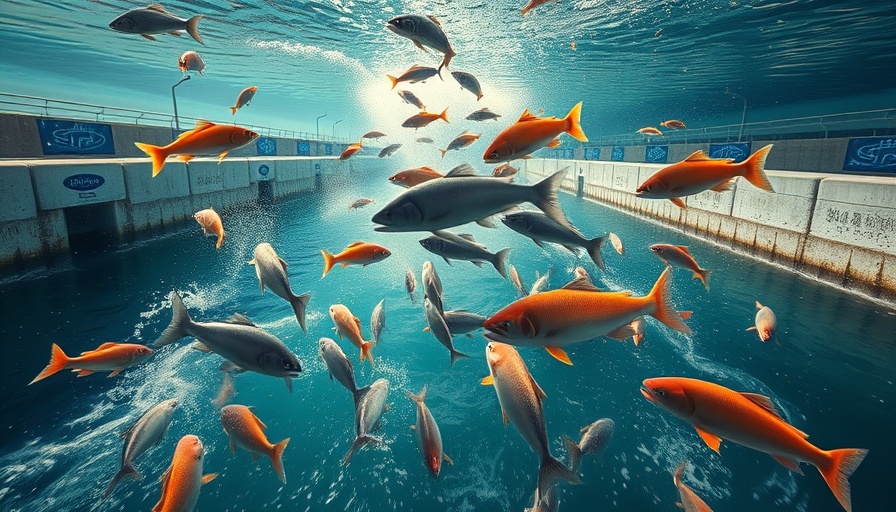
A Closer Look: Opossums and Poultry Safety
For poultry professionals, understanding potential threats to chicken safety is paramount. Opossums, often misunderstood, can occasionally pose risks by preying on eggs, chicks, and even adult chickens if they present an easy target. While the possibility of an opossum raiding a coop exists, it’s crucial to recognize their role in the ecosystem as natural pest controllers, and to implement effective safeguarding measures to deter these marsupials.
Minimizing Risks: Protecting Your Flock
Ensuring the safety of chickens from opossums and other predators starts with strong biosecurity practices. Secure coops are vital. Make sure nesting boxes are enclosed, utilize lockable latches, and consider electric fencing to deter entry. Moreover, maintaining a clean environment can help reduce attractants for opossums, ensuring your poultry remains safe from opportunistic feeding.
The Secret Benefits of Coexisting with Opossums
Interestingly, opossums offer ecological benefits that can outweigh their reputation as chicken predators. By controlling rodent and tick populations, opossums contribute to a healthier environment for both poultry and humans. They have been shown to effectively reduce ticks by nearly 90%, which can lead to lower risks of tick-borne illnesses. This makes it beneficial for poultry farms to understand the balance between managing perceived threats while acknowledging these creatures' ecosystem roles.
Understanding Opossum Behavior
Opossums are nocturnal and prefer to scavenge rather than confront livestock. They often target the weakest links—eggs or chicks that cannot fend for themselves. By staying informed about opossum habits, poultry professionals can take proactive steps to ensure their flock is well-protected while allowing these animals to thrive in their natural roles.
Conclusion: Finding Balance in Nature
While opossums can sometimes threaten poultry, they also play a vital role in controlling pests. A strategic approach that involves understanding their behavior and implementing robust protective measures can help poultry professionals maintain the safety and health of their flocks. It’s essential to foster a balance that allows for coexistence while prioritizing the welfare of the animals in their care.
 Add Row
Add Row  Add Element
Add Element 



 Add Row
Add Row  Add
Add 
Write A Comment